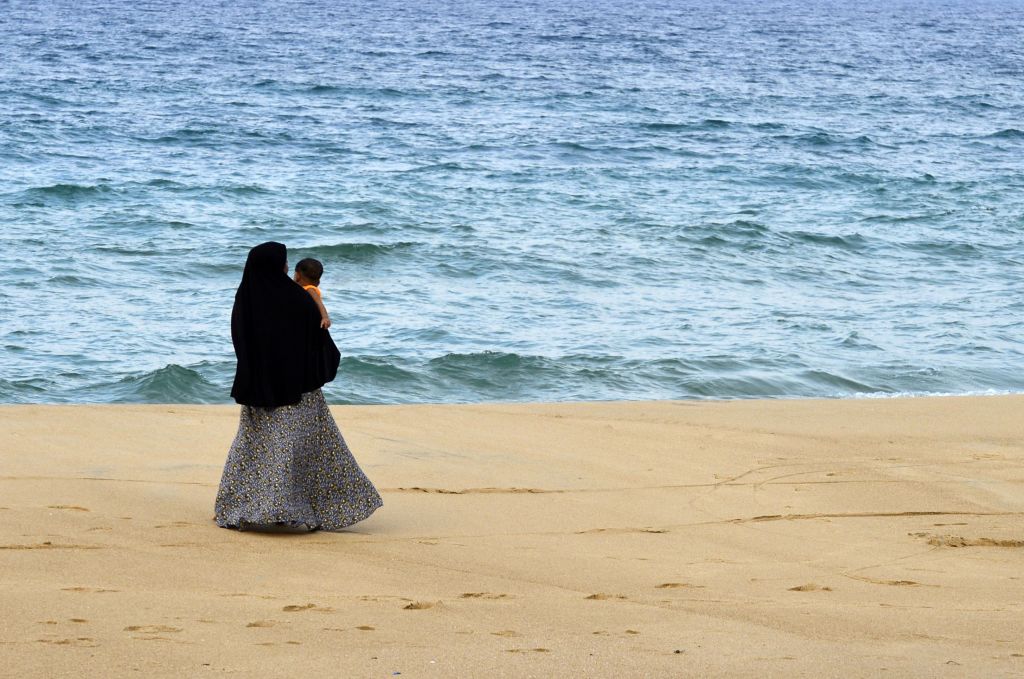“At a time when many Muslims in Sri Lanka fear a backlash, imposing a ban that effectively targets women wearing a face veil for religious reasons risks stigmatizing them. They will be forced out of public spaces to stay at home and will be unable to work, study or access basic services. The ban violates their rights to non-discrimination, freedom of expression and religion.
“Where there are legitimate security concerns, the authorities can carry out identity checks when objectively necessary. It is important that the state provides measures that comply with human rights. Women have a right to choose how they dress, whatever their beliefs. Forcing women to take off the face-veil is coercive and humiliating.”
Background
The amended emergency regulations came into force on April 29, 2019, in the wake of the Easter Sunday massacre that claimed the lives of more than 250 people in attacks on three churches and three hotels. Since the attacks, Sri Lanka’s small Muslim community has been braced for a backlash while refugees from Muslim backgrounds or Muslim-majority countries have been attacked by hardline mobs.

